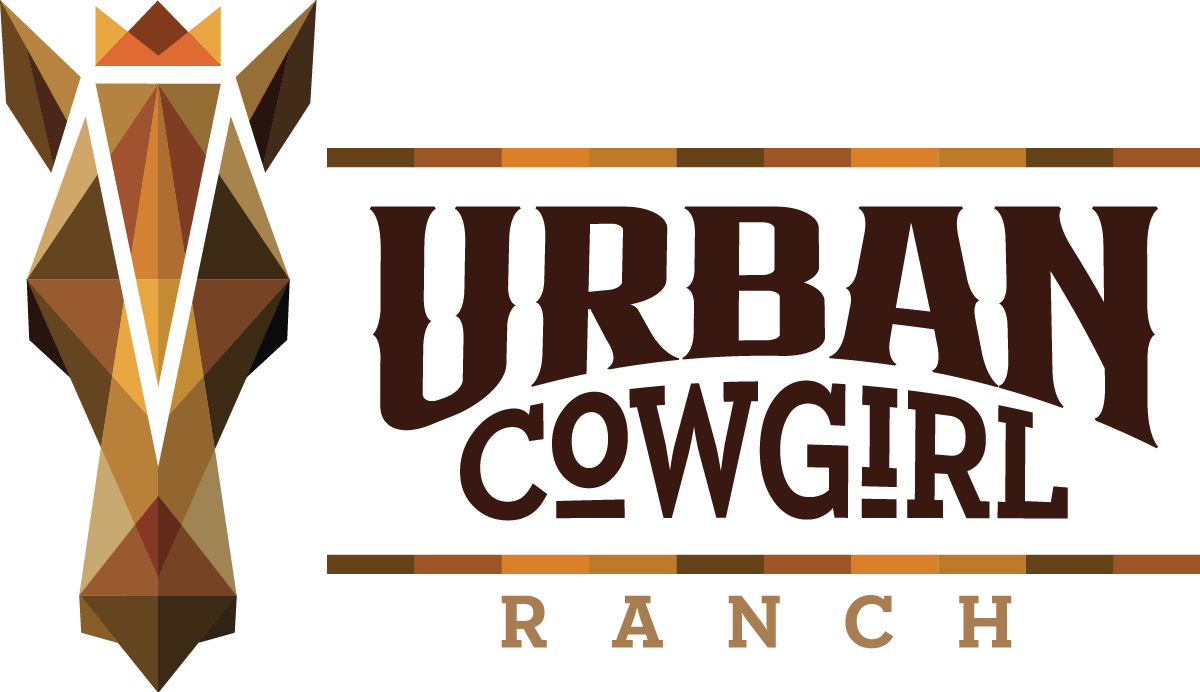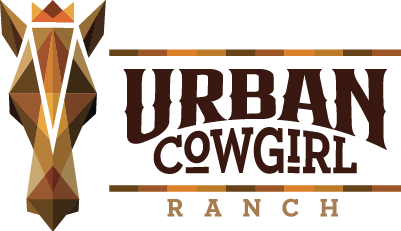The Evidence in Their Eyes
The Science and Soul of Equine Therapy
There is a quiet knowing in the presence of a horse—
a stillness that listens deeper than words,
a wisdom that lives beneath the surface of speech.
Equine-assisted therapy is not simply poetic; it is evidence-based. Peer-reviewed studies have confirmed what horse people have long known: horses heal. Research has shown that equine-assisted services, can reduce symptoms of PTSD, anxiety, and depression, with measurable effects on cortisol levels, emotional regulation, and even heart rate variability.
Horses, as prey animals, are finely attuned to the subtlest shifts in energy and intention. Their feedback is honest, immediate, and without agenda—a living biofeedback system wrapped in muscle and grace. They respond not to our words, but to our authenticity—a trait essential to emotional growth and trauma recovery.
In working with horses, clients often experience improved social functioning, increased self-awareness, and strengthened interpersonal skills. For youth, adults, veterans, and those healing from complex trauma, horses serve as co-facilitators of change. They mirror emotion without judgment, invite presence through movement, and foster genuine connection.
They do not care about titles, diagnoses, or past mistakes. They care only about congruence—are you aligned, grounded, truthful in your body? In their company, we are called back to ourselves.
Equine therapy doesn’t just soothe the mind; it strengthens the soul. And in this sacred partnership, both horse and human become the healers.
Come as you are. The horses are waiting.
References:
• Bachi, K., Terkel, J., & Teichman, M. (2012). Equine-facilitated psychotherapy for at-risk adolescents: The influence on self-image, self-control and trust. Clinical Child Psychology and Psychiatry, 17(2), 298–312.
• Kemp, K., Signal, T., Botros, H., Taylor, N., & Prentice, K. (2014). Equine facilitated therapy with children and adolescents who have been sexually abused: A program evaluation study. Journal of Child and Family Studies, 23(3), 558–566.
• Lanning, B. A., & Krenek, N. (2013). Examining effects of equine-assisted activities to help combat veterans improve quality of life. Journal of Rehabilitation Research and Development, 50(8), vii–xiii.
• Masini, A. (2010). Equine-assisted psychotherapy in clinical practice. Journal of Psychosocial Nursing and Mental Health Services, 48(10), 30–34.
• Pendry, P., Smith, A. N., & Roeter, S. M. (2018). Randomized trial examines effects of equine-facilitated learning on adolescents’ basal cortisol levels. Human-Animal Interaction Bulletin, 6(1), 1–17.

